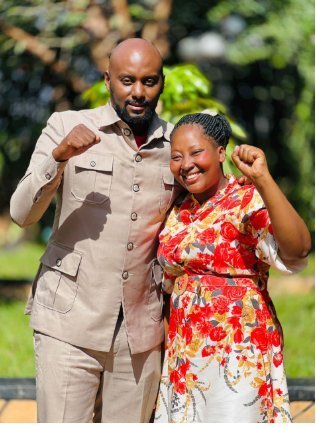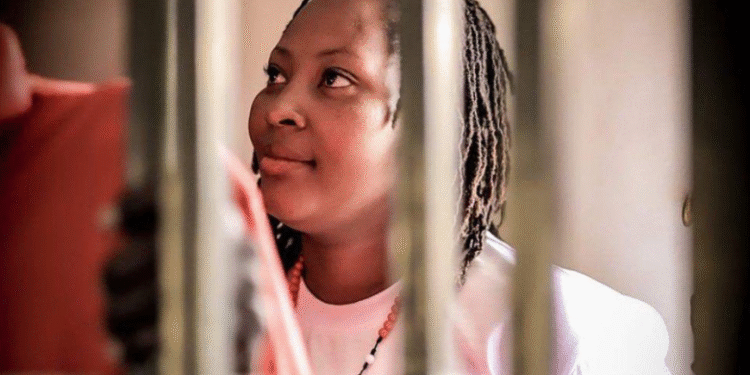President Yoweri Museveni has granted a pardon to 19 supporters of the opposition National Unity Platform (NUP). The 19 were recently convicted on charges of treason and unlawful possession of ammunition under the Uganda People’s Defence Forces Act and the Firearms Act. The pardon, dated November 20, 2024, was issued under the President’s constitutional powers outlined in Article 121(1)(a) of Uganda’s Constitution.
The individuals, imprisoned at Kitalya government prison in Wakiso District since November 2020, were accused of activities deemed detrimental to state security during the political unrest surrounding the 2021 general elections.
These charges included allegations of stockpiling firearms, inciting violence, and engaging in acts perceived as undermining the government. Among the pardoned individuals are Rashid Ssegujja and Olivia Lutaaya, who were arrested during or after violent protests across the country and faced accusations of inciting unrest.
The prisoners’ release followed their recent decision to plead guilty to the charges, enabling them to seek clemency under the prerogative of mercy. The Advisory Committee on the Prerogative of Mercy reviewed their cases and recommended a pardon, which the President approved.
Hon. Balaam Barugahara, the State Minister for Youth, played a pivotal role in securing their release. Speaking to the media, Barugahara revealed that he had petitioned the President shortly after the sentencing, urging him to grant a pardon as a gesture of goodwill and reconciliation. Barugahara emphasized that many of the pardoned individuals were young people exploited by politicians for personal gain. He expressed a commitment to rehabilitating and reintegrating them into society as productive citizens.

The decision, however, has drawn mixed reactions. While some applaud it as a step toward healing political divisions, others, including NUP leader Robert Kyagulanyi (Bobi Wine), have criticized the process, alleging that the prisoners were pressured into pleading guilty to secure their release. The political debate over the pardon highlights the complexities of addressing grievances tied to Uganda’s contentious political landscape.

















